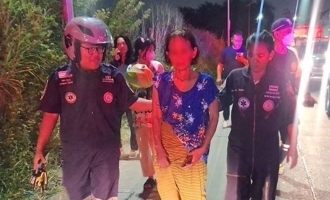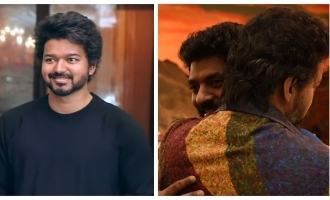'Barbie' Movie Faces Bans in Lebanon and Kuwait Over Content


Send us your feedback to audioarticles@vaarta.com


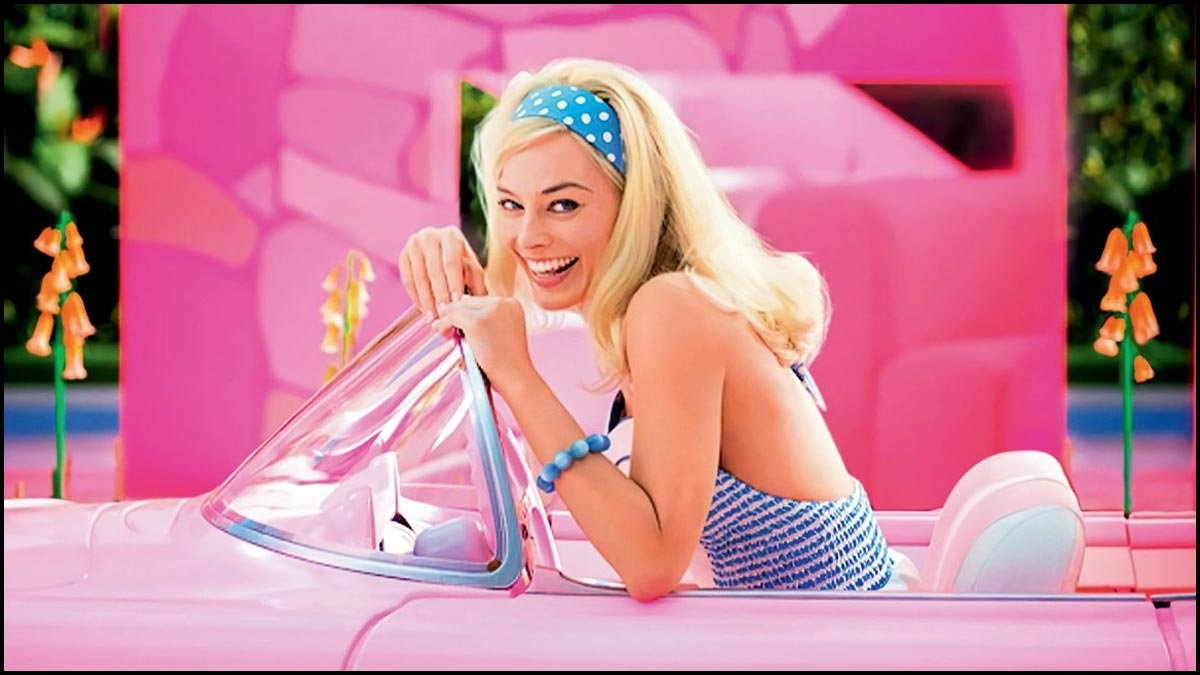
The "Barbie" movie, despite its global success, faces bans in Lebanon and Kuwait due to conflicting conservative values. These countries, in contrast to prior Middle Eastern film bans, highlight concerns over content, even though the movie doesn't explicitly depict same-sex relationships. Notably, the cast includes LGBTQ actors like Kate McKinnon and Hari Nef.
In Kuwait, a cinematic censorship committee prohibited "Barbie'' and the horror film "Talk to Me," citing content that clashes with societal norms. The Kuwaiti official Lafy Al-Subeiâe explained that films with divergent concepts or behaviors are entirely banned, while others may undergo censorship.
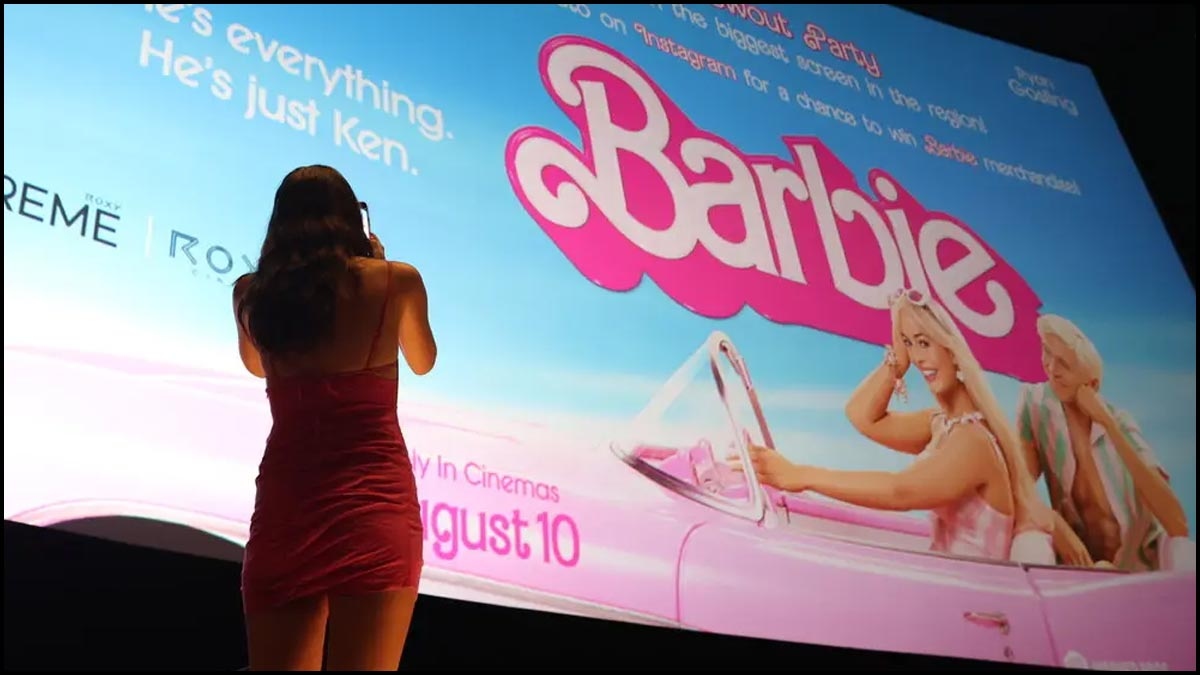
In Lebanon, the culture minister Mohammad Mortada sought a ban on "Barbie," citing its alleged contradiction of faith, morality, and promotion of homosexuality. This request aligns with recent reports of increased anti-LGBTQ sentiments, despite Lebanon's historically relative tolerance.
Other movies have faced bans in the Middle East over matters of sexual and gender identity. The film "Barbie" also encountered bans in Vietnam due to a map scene reflecting territorial disputes.
While the bans continue to stir discussions, "Barbie" has been released in Saudi Arabia and the United Arab Emirates, further igniting debates about cultural values, acceptance, and cinematic representation.
Follow us on Google News and stay updated with the latest!
Comments
- logoutLogout





 Follow
Follow


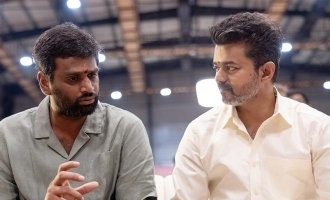


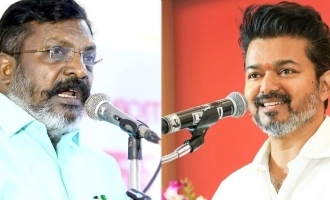




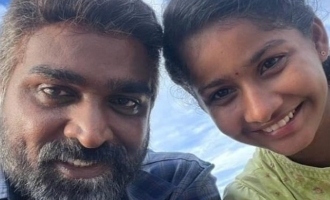


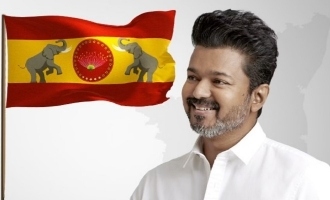

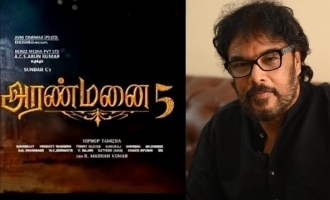
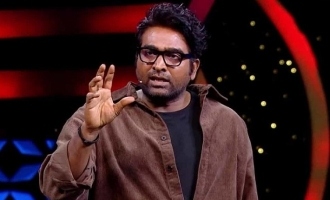


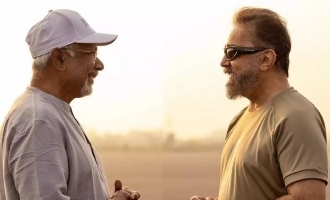
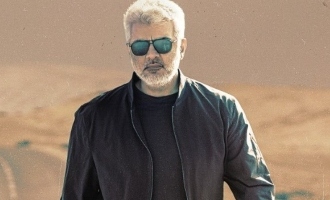


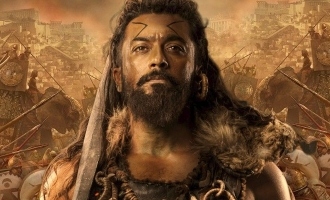

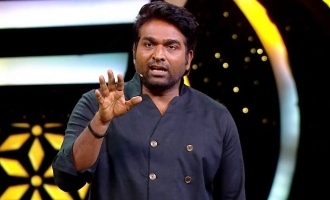





-71b.jpg)
-5d5.jpg)
-adc.jpg)
-798.jpg)

-7c2.jpg)



